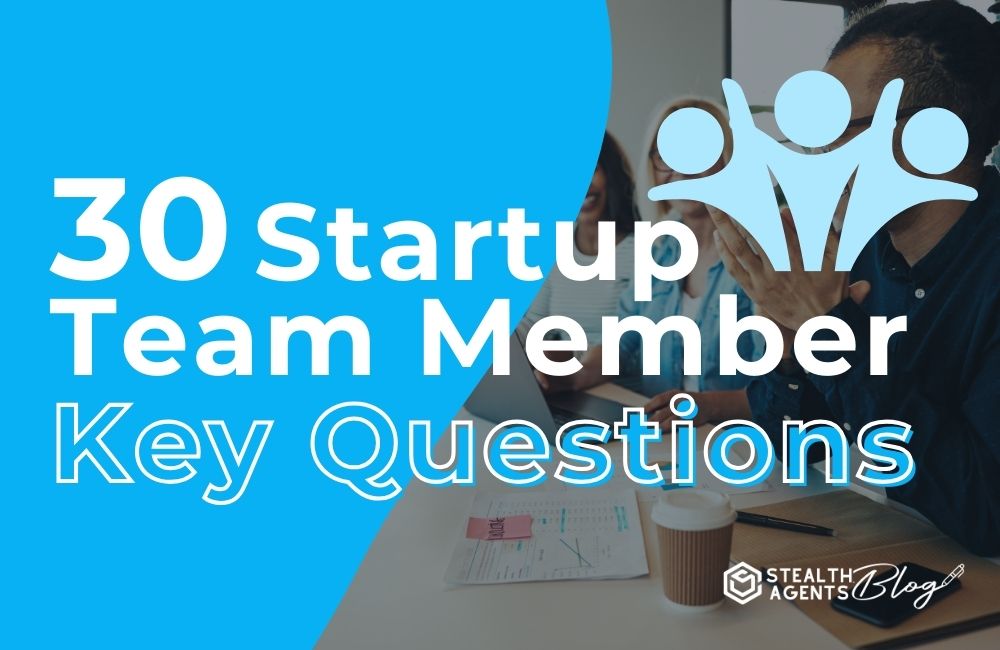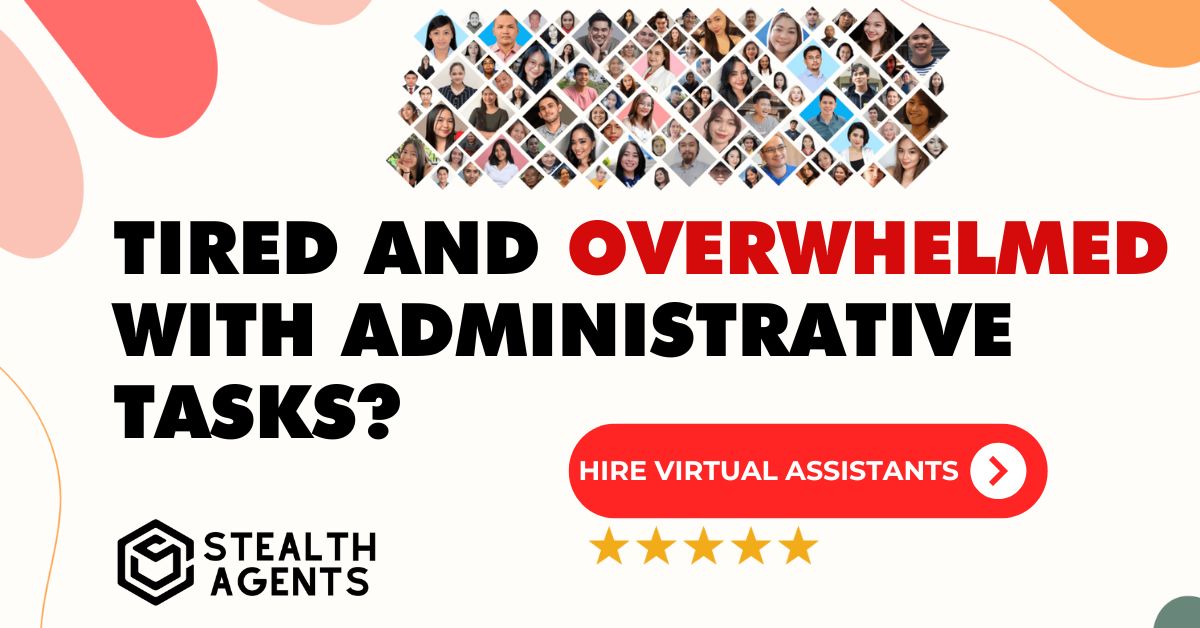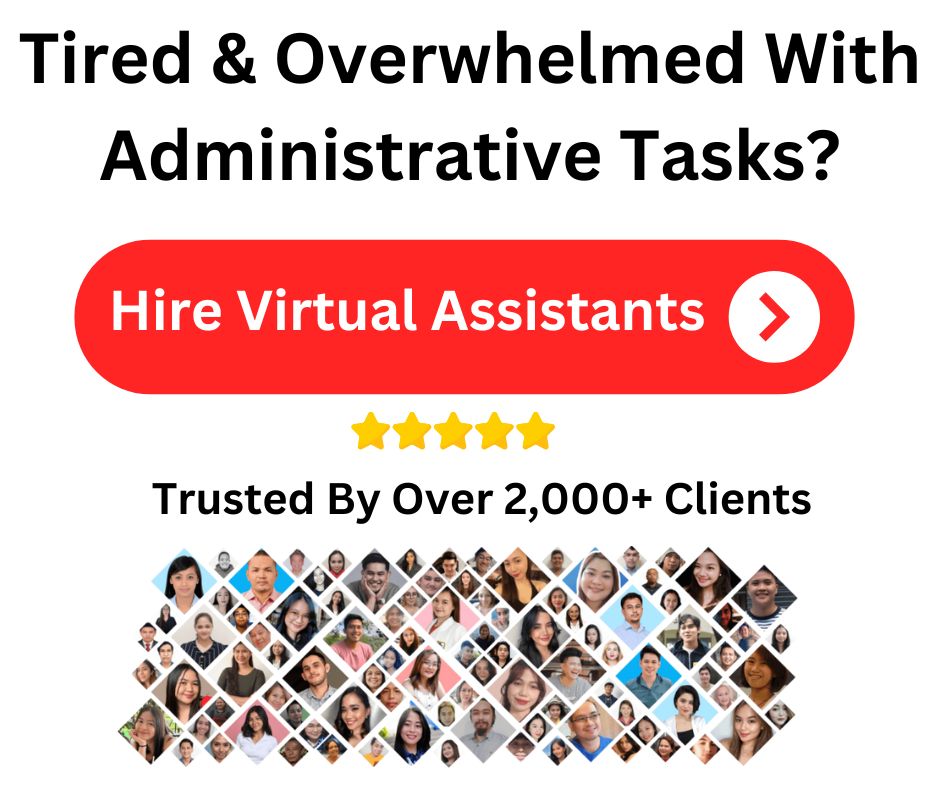Startups are powered by the innovative spirits of their team members. Team building is more than just putting individuals in one room; it’s about ensuring they align with the startup’s vision, complement each other’s strengths, and have a good understanding of the blood, sweat, and passion that started it all. But how do you make sure that each member you bring on board isn’t just a good fit now but also when your company is five, ten, or even twenty times its current size?
To help you construct the perfect team for your startup, we’ve created a list of thirty essential questions to ask potential team members. These will not only help you gauge their suitability for their assigned roles but also their potential for growth within your company. Ready to dive in and change the face of your startup for good? Let’s get started!
The Startup Team Building Puzzle
As you embark on this hiring journey, remember that each person is a piece of your company’s growth puzzle. Each individual brings a unique shape and color, and it’s your job to be the puzzle master, fitting them snugly into the grand image. But like any good puzzle, the picture changes with each piece you add.
What you need are pieces that not only complete the current picture but also have the flexibility to adapt as the company grows. These are the individuals who will ask the hard and necessary questions, who will learn quickly, and who will adapt resourcefully. Are you ready to engage these prospective team members in a dialogue that not only evaluates but also inspires? Here’s how.
The 30 Key Questions
Personal and Professional Aspirations
- Where do you see yourself in five years?
This question isn’t about longevity but about their ambition. In a startup, everyone wears multiple hats. The answer to this question can reveal their vision, their drive, and whether they crave stability or change.
- What does success mean to you?
The answer can show their values and how they measure personal and professional achievement. It’s important for these to align with your startup’s ideals.
- What unique skills do you bring to the team?
Not every CV boasts all the skills you need. Perhaps they are multilingual or have a knack for coding without formal education. It’s the unique that builds diversity in your team.
- What skills would you like to develop here?
This shows their willingness to grow along with your company. Desire for self-improvement is a favorable, dynamic trait.
- Tell me about a time you failed.
The true test of a potential team member is in how they handle failure. This reveals resilience, adaptability, and humility.
Position-Specific Knowledge
- What’s your understanding of our product/service?
An engaged potential team member will have done their homework. Their response should show insights, ideas, or at least a found connection to what your startup offers.
- How would you approach this particular problem if you joined our team?
Their approach could be classically trained or wildly innovative. The important distinction is that it’s informed and thoughtful.
- How do you stay updated in your area of expertise?
Startups need team members who are on the cutting edge. An outdated skill set can slow progress and innovation.
- Give us an example where you improved a process in your previous job.
Process improvement is key to staying lean and agile. Their example will demonstrate their ability to think critically and work towards efficiency.
- What is your strategy if you don’t know the answer to a customer’s question about our product?
In a startup, you won’t always have the answers. Their strategy must balance humility and a problem-solving attitude.
Team Dynamics and Conflict Resolution
- Describe your ideal working environment.
This needs to be a good fit for both parties. Misalignment here can lead to tension down the road.
- Who is your role model, and why?
Role models can reveal inspirations. Do they align with startup culture, or are there toxic traits in the mix?
- How do you handle working with someone you don’t get along with?
Startups can be high-stress environments. The answer to this question shows their capacity for professionalism and adaptability.
- What annoys you most in a team setting?
Understanding their pet peeves helps you manage expectations and foresee potential pitfalls in their role.
- Give an example of a time you had a disagreement at work and how it was resolved.
Differences are opportunities for growth. Their experience in this area will give you insight into how they handle conflict.
Leadership Potential
- When was a time you led a project and what was the outcome?
Even if they’re not applying for a management role now, leadership potential is vital in a small, growing team.
- What kind of work do you do well without supervision? Give an example.
Their answer should demonstrate self-motivation and the ability to deliver quality work without hand-holding.
- What are your main principles when delegating tasks?
This can reveal their understanding of team dynamics and the subtleties of leadership.
- How would you resolve a situation where a team member consistently missed deadlines?
Team members slipping is not unusual in a startup where roles are fluid. Their approach needs to be firm but empathetic, focusing on the team’s success over individual blame.
- What do you think makes a good leader?
Their answer reflects their understanding of—and potential to embody—a leadership approach that could fit your startup’s ethos.
Cultural Fit and Values
- What does a healthy work-life balance look like to you?
This question helps you gauge whether their lifestyle and productivity expectations are feasible within your startup’s context.
- What’s the most important value you look for in a company?
Startups need team members who believe in the cause. This value should mirror what your startup stands for.
- How would you describe our company culture based on what you’ve seen?
An outsider’s perspective can be very revealing. Do they understand and appreciate your unique work environment?
- Share an experience from your life that directly relates to our company’s values.
This personal story can demonstrate their connection to the startup’s mission, guiding principles, and ethical standards.
- How do you incorporate our company’s mission into your daily work life?
This operationalizes their attachment to your startup’s higher calling. It’s not just a job; it’s a purpose.
Resilience and Adaptability
- How do you handle naysayers or moments of doubt?
Startup life is fraught with challenges and skepticism. Their coping mechanisms must be robust and positive.
- Tell us about a time when you had to switch priorities suddenly.
Startups pivot often. This story should depict a successful transition and the ability to keep cool under pressure.
- Have you ever had a job where the role evolved significantly after you were hired? How did you adapt?
Lifecycle changes are the norm in startups. Their story of adaptation needs to be one of resilience and ingenuity.
- Describe a high-pressure work situation and how you managed it.
High-pressure work environment stories will help you understand their thresholds and how they cope when the heat is on.
- What are your strategies for staying motivated in uncertain and demanding environments?
Staying power is essential. Their strategies for motivation must be grounded in personal resilience, a commitment to the work, and a keen sense of purpose.
Piecing It All Together
Remember, the right person isn’t just the one with the most impressive resume. They’re the one who can grow and change with your startup’s evolving needs. As you ask these questions, think about the kind of leader and teammate you need today, and for the bigger puzzle you’re building tomorrow. Engage in these questions as you would in any conversation. Allow the authenticity of their answers to shine through, and be prepared to pivot your approach, just as you would with any full-hearted startup venture.
The future of your startup rests in its team. Make your next hire your next chapter, and let these 30 questions be your guide to a more robust, versatile, and dynamic staff. What are you waiting for? The puzzle is yours to solve.










